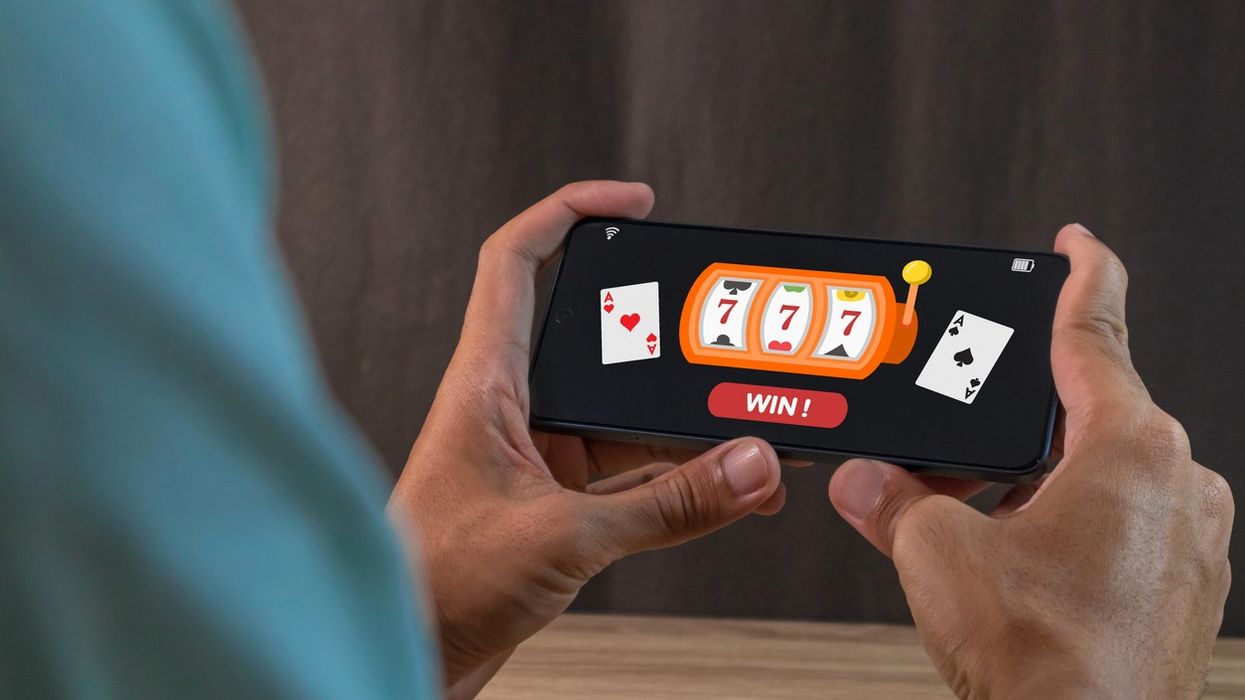Highlights:
- Brighton & Hove City Council asks parents not to give children smartphones before the age of 14.
- Officials warn of risks of online exploitation and disturbing content exposure.
- Exceptions include children who need smartphones for health monitoring, such as diabetes care.
- Several schools in Brighton & Hove and Kent already restrict smartphones during the school day.
Brighton & Hove City Council has called on parents to delay giving their children smartphones until they reach the age of 14, citing growing concerns about online safety and exploitation.
Council’s position
Emma Daniel, cabinet member for children, families and youth services, said children should instead be provided with “cheap, old-fashioned” mobile phones.
She warned: “The dangers to your child of criminal sexual exploitation are so great that it’s now come to a point where we have to say to parents that it isn’t safe.”
The National Society for the Prevention of Cruelty to Children (NSPCC) reported that police in the UK recorded more than 7,000 offences of sexual communications with a child during 2023/24.
Exceptions for health needs
The council noted exceptions to its advice, including children with medical conditions such as diabetes who rely on smartphones to monitor blood sugar levels.
School measures
Several schools in the city have already taken steps to reduce smartphone use:
- Four primary schools have imposed outright bans.
- Three secondary schools require students to lock their devices in pouches on arrival.
Elsewhere, schools in Kent have also introduced restrictions. Damien McBeath, headteacher of the John Wallis Academy in Ashford, said banning smartphones had a positive impact on pupils.
Concerns over online exposure
McBeath explained: “We know that young people aren’t safe when they’re online. Many of them are seeing images that are deeply disturbing and it’s being normalised.
“We found when we gave children a break, for just the seven hours a day that they’re in school, children prefer it this way. They prefer having that human contact.
“If you speak to children, very few of them say they prefer to be locked in a room doom scrolling.”





